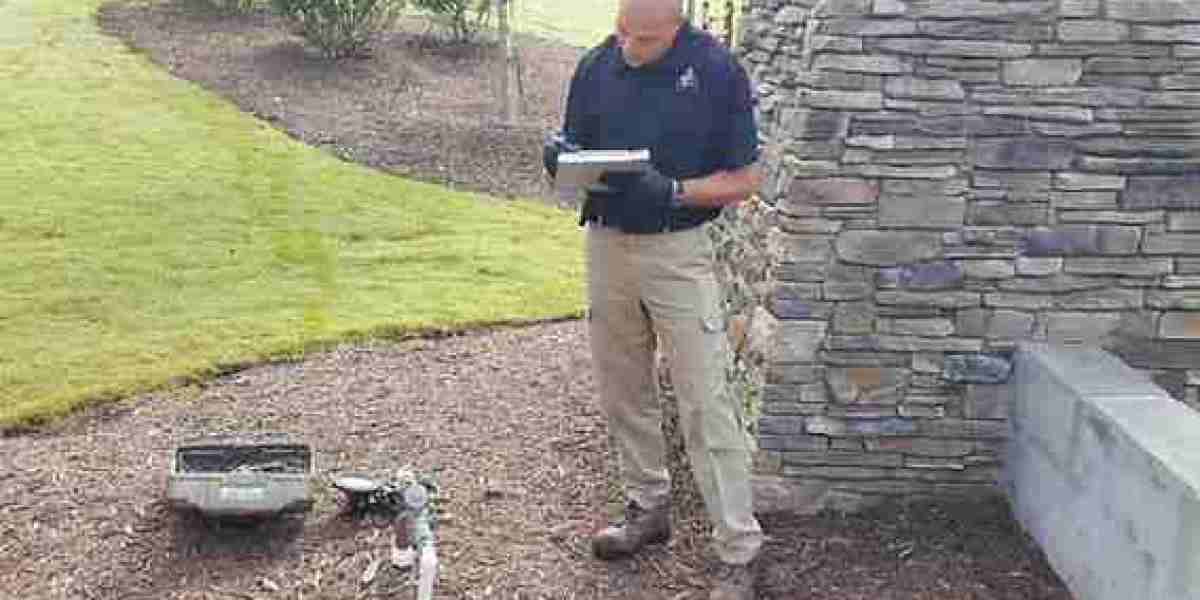The early years of a child’s life form the bedrock upon which their future stands. Long before textbooks, examinations, or report cards come into play, learning begins at home—and shortly after, at pre primary school. In Pondicherry, a region steeped in cultural richness and educational legacy, the role of pre primary schooling is steadily gaining attention for all the right reasons.
While parents may still grapple with the idea of sending their 3- or 4-year-old into a structured environment, the reality is that pre primary education is no longer a luxury or a modern trend. It is a necessity. It acts as a bridge between the protective cocoon of home and the structured world of formal schooling. And nowhere is this transformation more meaningful than in the diverse, multi-lingual landscape of Pondicherry.
A Nurturing Beginning
Pre primary schools in Pondicherry are designed with one core philosophy in mind: nurture before instruction. At this stage, the child is not expected to memorize facts or solve math equations. Instead, the focus is on socialization, emotional regulation, language development, motor skills, and above all, joyful learning.
It’s a space where a child learns how to interact, take turns, express themselves, and explore a world beyond the familiar walls of their home. It’s also where foundational habits—like listening, following routines, and forming friendships—begin to take root. In Pondicherry, with its blend of cultures, languages, and traditions, these lessons are layered with a sense of tolerance and inclusiveness that adds depth to early education.
Curriculum Beyond the Chalkboard
A typical pre primary curriculum in Pondicherry doesn’t revolve around rote learning. It follows an integrated approach that blends play with purpose. Activities are crafted to promote imagination, encourage questioning, and cultivate problem-solving skills—without a single textbook in sight.
Storytelling, role play, drawing, nature walks, music, sand play, and puppet shows are some of the creative tools used in classrooms. These activities not only make the learning process enjoyable but also address different aspects of development: cognitive, linguistic, social, and physical.
Several schools in the region are also embracing global methodologies like Montessori, Waldorf, or Reggio Emilia-inspired techniques. These models empower the child to learn at their own pace, while still nurturing independence and curiosity. Whether it’s learning to tie shoelaces, plant a sapling, or understand the difference between ‘big’ and ‘small’, every small achievement becomes a building block for the child’s confidence.
The Role of Language and Culture
What makes Pondicherry unique is its multilingual environment. Children grow up hearing Tamil, English, and often French or other regional tongues. This diversity isn’t a barrier—it’s a gift. Many pre primary schools have begun leveraging this multilingual exposure by incorporating language play, rhymes, and simple conversational sessions in multiple languages.
The cultural backdrop also adds a distinct flavour. Be it through celebrating festivals, practicing traditional art forms, or learning folk songs, the children are rooted in a sense of identity. This blend of the global and the local—the traditional and the modern—is what makes the early educational experience in Pondicherry both meaningful and memorable.
Teachers as Guides, Not Instructors
At the heart of every successful pre primary school is its faculty. In these formative years, teachers wear many hats: they are facilitators, caretakers, cheerleaders, and sometimes, even surrogate parents. More than qualifications, it is patience, empathy, and creativity that define a good pre primary educator.
In Pondicherry, many pre primary teachers undergo specialized training in early childhood education. Their role is not to impose knowledge but to guide discovery. They understand that every child is unique, and learning is not linear. What one child picks up in a day might take another a month—and that’s perfectly normal.
Schools are increasingly emphasizing teacher-child ratios to ensure individual attention. Regular workshops, parental interaction, and feedback mechanisms are becoming standard practice. This constant communication loop ensures that learning at school and home complement each other.
Infrastructure That Supports Imagination
The best pre primary schools understand that a child’s environment is their third teacher—after parents and educators. Classrooms are no longer dull, uniform spaces but colorful, flexible zones that spark imagination. Open play areas, safe nooks for quiet time, reading corners, water and sand tables—all contribute to a holistic atmosphere.
In Pondicherry, where natural beauty is abundant, some schools even incorporate outdoor learning into their daily rhythm. A lesson in shapes might happen in the garden with leaves and stones; a music session could happen under a tree with hand-made instruments. These interactions with nature not only enrich the sensory experience but also instill a quiet love for the environment from an early age.
Parent Involvement: A Crucial Thread
One of the overlooked yet essential elements of successful pre primary education is parental involvement. In a close-knit community like Pondicherry, where extended families are still common, the role of parents and caregivers is amplified.
Schools now encourage parents to be active participants in the learning journey. From parent-toddler programs and ‘show-and-tell’ days to regular feedback sessions and family activities, the idea is to align the home environment with the school’s ethos. When children sense this synergy, their emotional security strengthens—making them more confident and receptive.
Additionally, first-time parents often find reassurance and guidance from the school ecosystem. Workshops on child psychology, nutrition, screen time, and parenting styles help them feel better equipped to handle the challenges of early childhood.
The Need for Emotional Safety
In recent years, there has been a growing emphasis on emotional wellness within the pre primary segment. Pondicherry is no exception. With rising awareness about mental health and developmental challenges, more schools are consciously integrating activities that foster emotional intelligence.
Circle time discussions, mood charts, gratitude journals, and even simple breathing exercises are making their way into classrooms. Teachers are being trained to spot signs of anxiety, delayed speech, or social withdrawal—ensuring that concerns are addressed early with the right interventions.
This emotional scaffolding ensures that children feel safe—not just physically, but emotionally and mentally as well. And for a child, that sense of safety is the most fertile ground for growth.
Looking Ahead: Evolving Landscapes
As the region continues to grow, so does the vision for early education. Parents are no longer looking at pre primary school as a mere time-filler before formal schooling. They see it as a vital, non-negotiable phase in their child’s journey.
Technology, though used sparingly at this level, is also finding its place in pre primary classrooms. Audio-visual storytelling, interactive whiteboards, and even beginner coding toys are being thoughtfully integrated—not as distractions, but as creative tools.
Moreover, the pandemic has left a lingering impact on the way schools operate. Safety, hygiene, and emotional care have become central to the pre primary model. There’s also greater flexibility in formats—some schools offering hybrid options or shorter programs for working parents.
Final Thoughts
Pre primary schools in Pondicherry are more than institutions—they are the first window through which a child begins to view the world. In a region that naturally fosters creativity, community, and culture, these schools have the opportunity to do more than just educate. They can inspire.
For parents standing at the threshold of this decision, the choice is not about picking the most expensive or technologically advanced school. It’s about finding a space where their child feels safe, seen, and encouraged to bloom.
Because when it comes to education, it’s not just about what the child learns. It’s about who they become.








